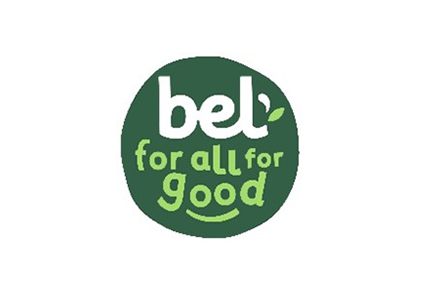Sustainable Solutions Are Empowering Smallholders in India
13th November 2018

Report recognises that collaborative and local initiatives are a fundamental part of the solution to improving self-reliance, efficiency and productivity for smallholder farmers.
Brussels, 13 November 2018 – Smallholder farms are an essential component to sustainable agriculture and the future of the global food chain. In this latest cross-commodity Learning Journey report on “Empowering Smallholder Farmers in India”, the Sustainable Agriculture Initiative Platform (SAI Platform) reveals the daily challenges and obstacles faced by smallholder farmers and their communities in Hyderabad, India. Collaborative initiatives and on-the-ground solutions demonstrate how smallholders in India are not only improving their living conditions and income but are also reinvesting in their farms and supplying sustainable crop to companies around the world.
On 24-26 September, the second of SAI Platform’s successful cross-commodity Learning Journey series took members and partners to visit smallholders in Hyderabad, India. Members visited on-the-ground initiatives and collaborations to see up close best practices and their real-life impact all of which have direct relevance to the United Nations’ Sustainable Development Goals.
Smallholder farmers play a critical role in the world’s agricultural production.The World Bank estimates that India alone is home to 90 million smallholders. According to the latest research carried out by the Agriculture Census, up to 80% of Indian agriculture is sourced from local smallholder farms. SAI Platform members are among the global companies sourcing raw produce from India and especially from smallholder farmers. For all of the members and participants on this Learning Journey, the experience of meeting the farmers and the communities was a very emotional one. Seeing first-hand the real impact that the collaborative initiatives and sustainable practices were having on people’s lives reinforced the convictions of sustainability principles and the benefits.
Global Event Manager, Yael Fattal commented – “The India Learning Journey was a powerful experience. It highlighted the importance of peeling back the layers within supply chains and building solid relationships with the farmers by meeting them face-to-face. We witnessed the importance of empowering communities, smallholder farmers and stakeholders by working in collaboration and together with the farmers to achieve a systemic change.”
The report highlights the successful initiatives that were visited including the Aranya Agriculture Initiatives, AgSri for sustainable sugarcane techniques, the Reliance Foundation, the Nestlé and Bayer Rice Traceability Project and the Metro and Bayer Food Chain Partnership team.
While the initiatives are broadening the mindset and agricultural practices of the farmers, impact at scale is still a long way to go. The significant challenge remains to find investment for smallholder supply chains, so they can access the resources and technology needed to deliver sustainable produce and at a developing scale.


